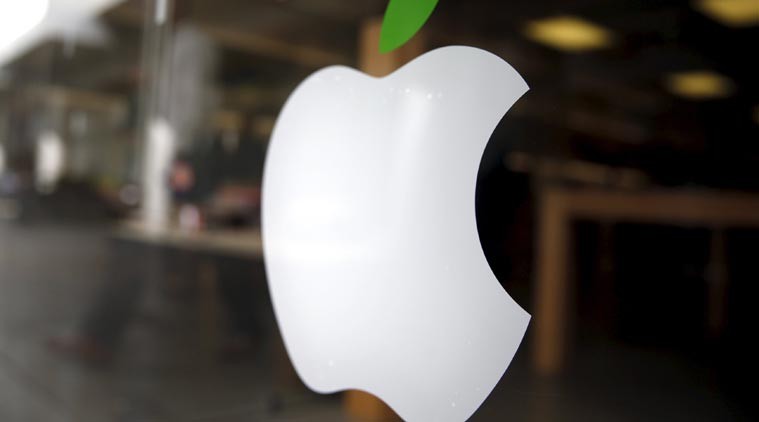Vietnam is among Apple’s favorites for smartphone diversification from China, according to Nikkei Asian Review.

(Illustrative photo)
The US tech giant is believed to ask its major suppliers to evaluate the cost implications of shifting 15% to 30% of their production capacity from China to Southeast Asia as it prepares for a fundamental restructuring of its supply chain.
The move comes amid growing uncertainties surrounding the trade war tension between the US and China, but multiple sources say that even if the spat is resolved there will be no turning back, stated Nikkei.
Apple has decided the risks of relying so heavily on manufacturing in China, as it has done for decades, are too great and even rising.
Nikkei referred to its sources saying a lower birthrate, higher labor costs and the risk of overly centralizing its production in one country, are pushing Apple towards diversification strategy.
With or without the final round of the US$300 billion tariff, Apple is following the big trend to diversify production, stated these sources.
China has been the production base on which Apple's global success has been built over the past two decades. But the trade war has prompted Apple to seriously consider meaningful diversification for the first time.
Key iPhone assemblers Foxconn, Pegatron, Wistron, major MacBook maker Quanta Computer, iPad maker, Compal Electronics, and AirPods makers Inventec, Luxshare-ICT and Goertek all have been asked to evaluate options outside of China.
Many other Apple suppliers such as print circuit board and casing providers are closely monitoring where these major assemblers would shift their production.
"We need to know where those big assemblers are heading to so that we can initiate our plan too," an executive at an Apple component supplier was quoted by Nikkei as saying.
Analysts said the company's move was logical and necessary. "We feel that Trump's warning of a 25% tariff hike really serves as a trigger within the supply chain that they cannot keep pretending things will stay the same," said Jeff Pu, a veteran analyst at GF Securities.
"Everyone needs to initiate a workable plan B... and to look at production facilities outside China, even if it will take time to shift,” Pu said.


















